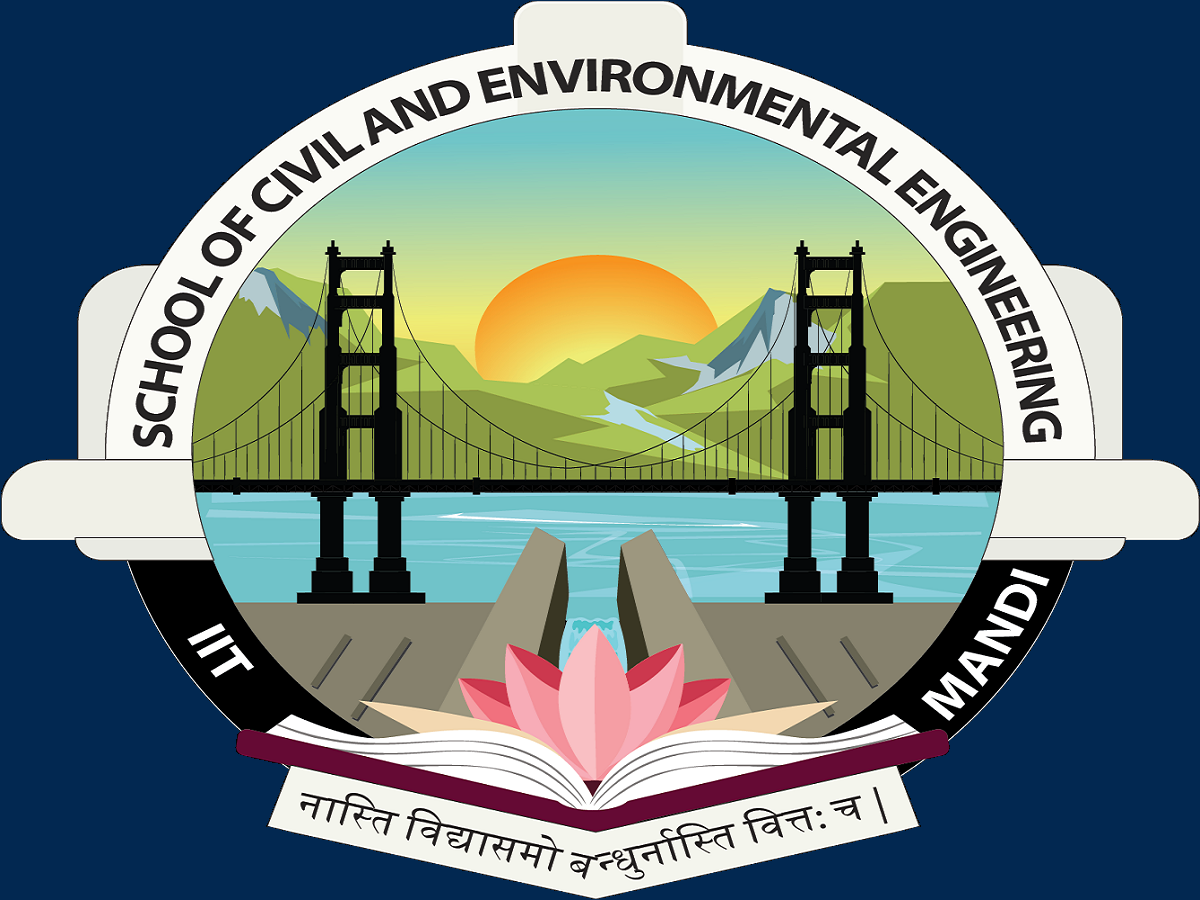Integration of machine learning and particle filter approaches for forecasting soil moisture
Stochastic Environmental Research and Risk Assessment
Kshitij Tandon, & Subhamoy Sen
2022-05-18
Accurate forecasting of soil moisture (SM) is crucial for managing the irrigation demands effectively. The dynamics of SM is largely controlled by interaction between land and atmosphere. As an alternate to physics based models, the machine learning based tools have been shown to yield better accuracy in forecasting SM. However, the complexity in the process that controls SM at largely varying scale (from small size porous media to continental level climate) influence the forecast to have uncertainty. Hence, this paper aims at developing a modelling framework for forecasting daily SM up to 5 days lead time along with associated uncertainty. In this modeling, the uncertainty in initial point estimates of artificial neural network (ANN) parameters are re-estimated in a probabilistic framework using Particle filter. In order to reduce the high dimensionality of such problems, most sensitive parameters of the ANN model were identified through Sobol’s sensitivity analysis. The SM and weather data collected from the R.J. Cook Agronomy Farm experimental field near Pullman, Washington, USA were used to demonstrate the proposed method. The overall results of the models were highly encouraging in terms of having a Nash-Sutcliffe efficiency of more than 0.90 in calibration and validation. Further, the parametric uncertainty of ANN model parameters have helped quantifying the uncertainty in the SM forecast and found within acceptable limits. The proposed framework, in turn, helped providing useful information when the models are used in decision making supported with associated uncertainty information.
soil moisture (SM)
artificial neural network (ANN)
Sobol’s sensitivity analysis

